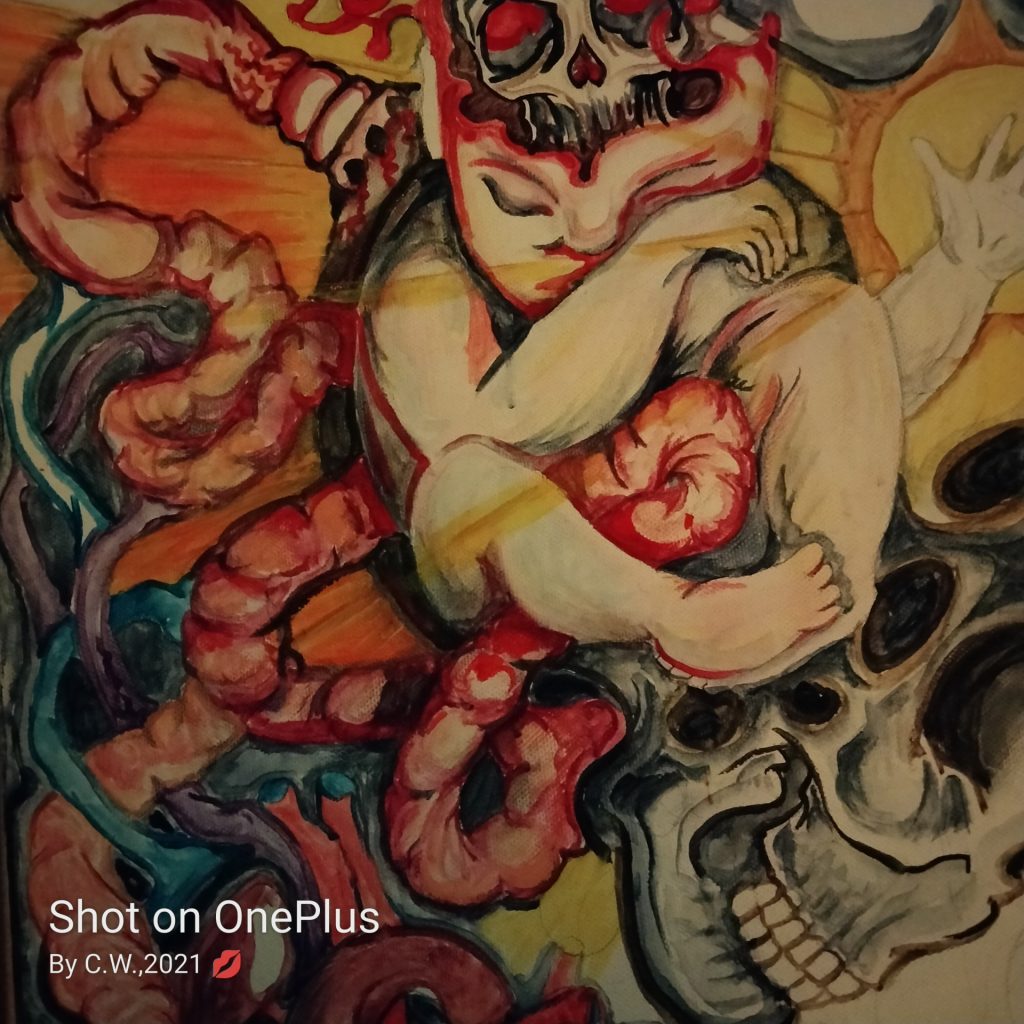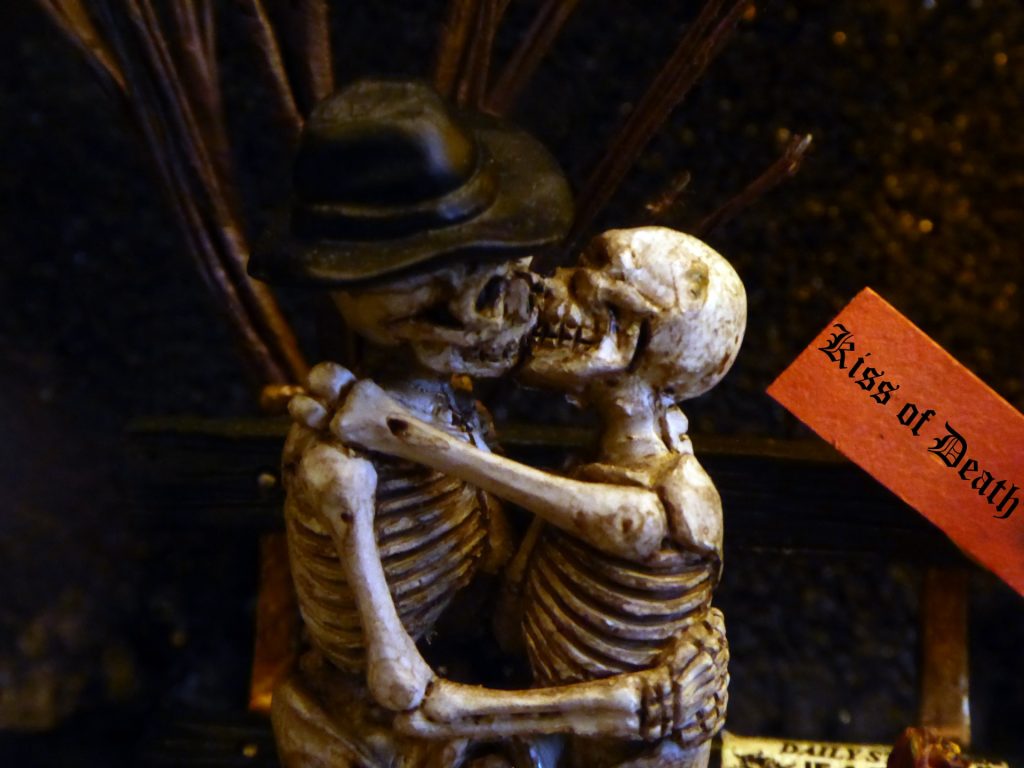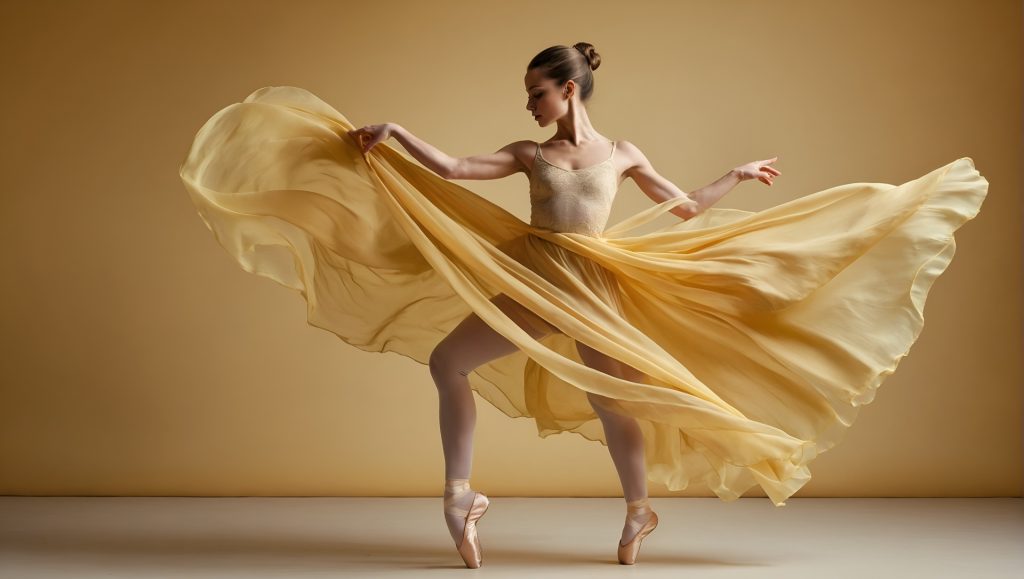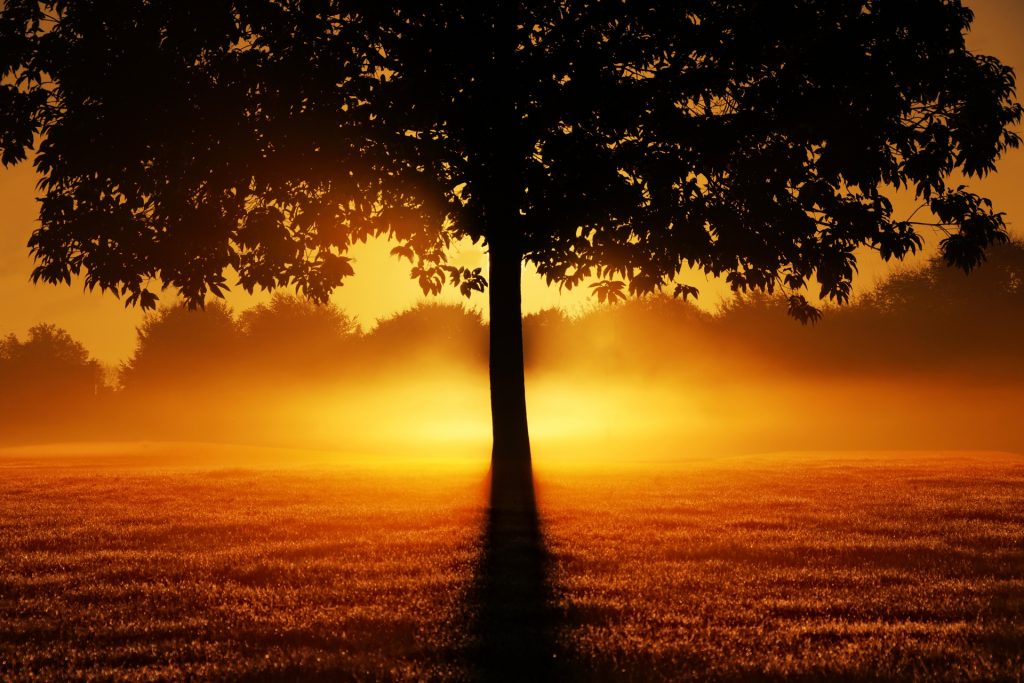
We wish a very happy Father’s Day to everyone who will celebrate this month! Creativity is an act of fathering, of providing, protecting, nurturing, and raising, as much as birthing works.
Also, at the request of many contributors, we are sharing ways writers and artists can lend a hand to different places in the world.
Literary Ways to Help Ukraine
Engin Program, Online English-speaking conversation partners for Ukrainian youth
Donate to Help Ukrainian Books make grants to librarians and booksellers
Literary Ways to Help Haiti
Children’s book donations through Friends of Humanity
Volunteer virtually with Partners in Literacy Haiti
Now, for our second June 2024 issue, we return to the basics of many human stories: life, love, and death.

Z.I. Mahmud explicates how Zeffirelli’s film adaptation of Romeo and Juliet captures the violent and tumultuous atmosphere of the romance. Shuhratova Shaxina praises the clarity of feeling in the writings of Alexander Feinberg as Prasannakumar Dalai illuminates strong, plaintive bursts of feelings of romance and lament.
David Sapp recollects a childhood crush and his mother’s early rebellion against gender roles. Jacques Fleury rebels against the racism and class prejudice against marginalized writers. Aziza Saparbaeva takes pride in her home village and how the people fought for freedom, and Muntasir Mamun Kiron offers up an elegy for the bold warriors who founded Bangladesh.
Ibrahimov Saidakbar outlines the historical accomplishments of Uzbek writer Gafur Ghulam as Zeboxon Akmalova speaks to children’s education and the potential of children and Sadoquat Begamova talks about methods for education of visually impaired young people. Sharipov Ubaydullojon outlines the basics of German linguistics, Narzulloyeva Munisa Bakhromovna highlights the good parts of the Internet but offers a caution against obsession, and Zamira Hakimova explores the etymological roots of the terms Uzbeks use to talk about financial processes as Mamatazimov Kabiljon outlines principles of mechanical safety for workers in industrial plants.
Gulsanam Qurbonova writes about finding the motivation to achieve one’s goals as Amir Hamza describes a lonely boy who rises to the occasion to save lives. Bruce Roberts reflects on the artistic self-assertion embodied in Michelangelo’s David as Xidirova Mahliyo offers a patriotic celebration of her country. Christopher Bernard’s riddle poem invites speculation while drawing on history and myth as Alan Catlin confabulates historical and artistic images into poetry.
Mark Young concocts images combining text and different sorts of shapes, lines, and colors for visual effect as J.D. Nelson links words together into fragmentary monostich poems. Brian Le Lay plays with sound and thought in hay (na) kus that seem bilingual or trans-lingual.
Gregg Norman’s poetic speaker grapples with weather, with what humans cannot control. Graciela Noemi Villaverde’s poem explores feelings of waiting and watching, for the return of hope or a lover. Faleeha Hassan compares writers’ block to the abandonment of a lover. Elmaya Jabbarova evokes the mystery, wonder, and unpredictability of love and happiness. Dr. Jernail S. Anand illuminates how much our world is beyond humans’ influence as John Grey contributes humorous reflections on being stuck, staying or escaping with your mind. Hatamova Charos poetically longs for chamomile and the cities of Oman that are lost to her.

Kathleen Hulser speculates on matter remaining as it transforms, suggesting that it is okay to declutter and let go of things. Sushama Kasbekar looks at an old tea set to comment on the constant flow of time and on enjoying what you have while you can. Audrija Paul reflects on the tragedy of love and life nearly lost while Taylor Dibbert reminds us that life after tragedy can be strangely uneventful.
Susie Gharib captures the world-weariness of 2020, full of war and disease, as Mykyta Ryzhykh highlights the world’s tender questions and contradictions and J.J. Campbell recollects a search for love amidst the brutality of those who should have cared for him. For Joan McNerney, the “world is too much with us,” too tiring, scary, and complex, and she finds comfort in the mysteries of nature. Jasmina Rahmatullayeva explores the psychology underlying acts of criminal violence, Dr. Jernail S. Anand laments the selfishness in too many people’s love, and Bill Tope’s protagonist realizes as an adult that his childhood friend was being abused.
Michaila Oberhoffer explores the role social conditioning plays in our emotions in her book The Roots of John’s Happiness. Irodaxon Ibragimova speculates on where we can find happiness and offers gratitude for it. Azimjon Toshpulatov’s hopeful poem asserts that she will find joy one day.
Rachel Gorman-Cooper explores our primal hungers as Jim Meirose provides a humorous take on humans’ deciding everything by committee. Nahyean Taronno begins a horror tale where humans must work together to overcome primal fears and escape the threat of the unknown.
Brian Barbeito idly speculates on life on a horse ranch as Isabel Gomes de Diego sends up photographs of direct encounters with nature and Kylian Cubilla Gomes highlights the subtle and obvious ways we work with and regulate nature. Munnavar Boltayeva urges us to save the environment as Zulfiqurova Muslima discusses pollution of the Aral Sea and the need for restoration and O’razaliyeva Charos revels in the joy of the spring. Terry Trowbridge plays with syntax enough to restore a feeling of wonder at nature.

Duane Vorhees talks about sensual Southern European love, nature, politics and beach life. Norman J. Olson reminisces on a recent European cruise he took with his wife that inspired poetry and sketches. Easa Hossain remembers the green farmland of his home village with nostalgia. Shafkat Aziz Hajam shares regrets over lost love as Daniel De Culla visits a museum exhibit on dinosaurs and speculates on the ghosts in Spain’s past.
Allison Grayhurst offers a tribute to her mother, a very slow, gentle, realistic take on death and caregiving, accompanied by a photo of the sky on each of her mother’s last days. Yuldashev Jumanazar Muradjanovich relates a tale of love that lasts until death while Bill Tope explicates how war can break up families and the extent we can go for love.
Awodele Habeeb claims that the devil and death will not have the final word as Michael Robinson takes comfort in faith and forgiveness. Lidia Popa comments on how humans throughout time have turned to faith to process our feelings about death.
Sandy Rochelle calls us to let go and rest and let life carry us on the winds of change as Michael Stewart gives gentle encouragement to rest, let life take its course. Michelle Reale speaks to an intuitive and spiritual relationship between a father and daughter as Kristy Raines revels in wonder at the tenderness of love. Mesfakus Salahin rests content in an eternal love as Mirta Liliana Ramirez depicts a moment of passion made possible because people trust and feel safe with each other. Dr. Maheshwar Das finds tender joy in faith and birdsong as Anindya Pal offers a sensual tale of rain and love and Don Bormon meditates on the soft and gentle promise of sunrise.
Dilnoza Xusanova highlights the example of compassion in Ahmed Lutfiy Kazanchi’s novel Stepmother. Mukhammadova Mushtaryibegim Otabekovna praises the value and high calling of motherhood. Yuldasheva Xadichaxon’s essay explicates true friendship as Makhzuna Habibova’s poem reflects the exquisite emotions of love and Sevinch Nusratullayevna praises the virtue of kindness. Nigar Nurulla Khalilova rejoices in a love that has overcome major obstacles and stood the test of time. Maja Milojkovic urges people to turn towards caring for each other, starting with gentle inner attitudes. Mahbub Alam celebrates the community and joy created by the Muslim feast and festival of Eid as Nosirova Gavhar remembers an afternoon where she baked and enjoyed mint pie with her mom and grandmother and Muslima Murodova speaks to the healing power of bread cooked with a family’s love.
Thank you for your kindness and consideration in reading our publication. We invite you to leave words of encouragement for the authors and artists.
